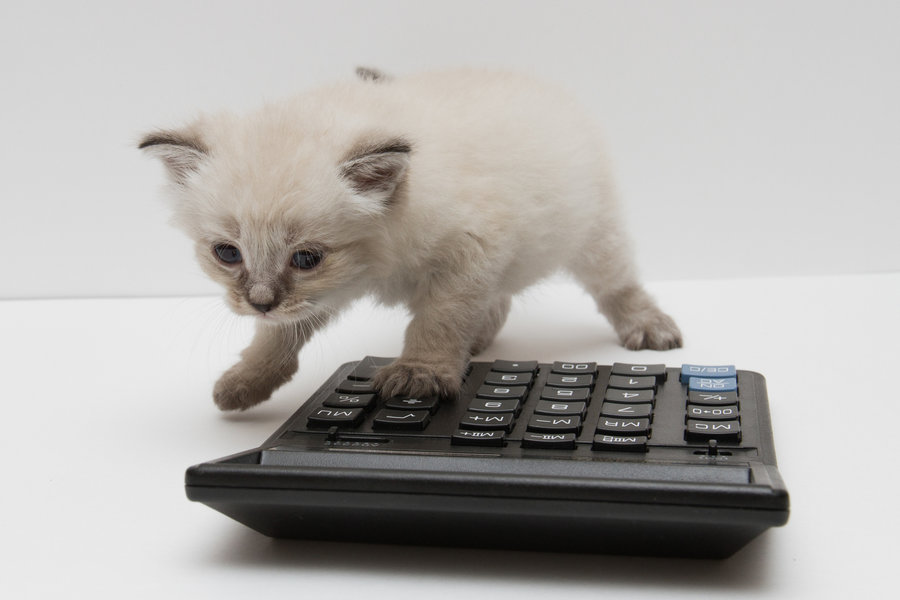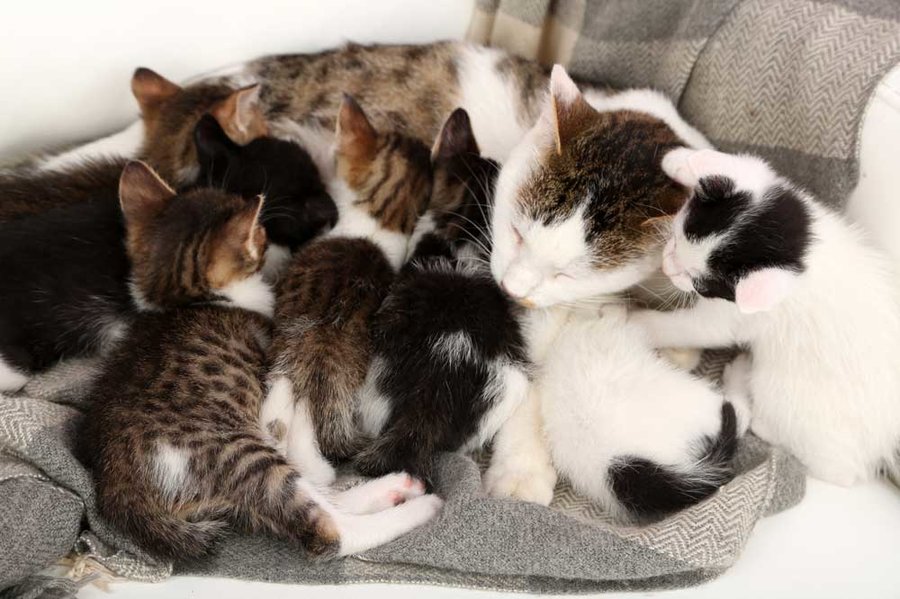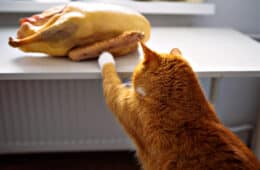For some cats, the world of treats is a wondrous, albeit, finicky place. They may turn up their noses at anything that deviates from their usual fare. Others would meow and paw you until you share that piece of chicken from your plate.
If you have a cat that's addicted to treats, how can you tell what is safe to give it and what is not?
Our friends at the Cat Medic Blog provided us with this cool infographic that helps cat owners tell treat from poison:

SIGN UP FOR THECATSITE'S EMAIL UPDATES >
Cat Treats vs. Cat Poisons: The Infographic Explained
Cats have an interesting digestive makeup, with intestines stretching about 2.5 times their body length. To stay healthy, they require 41 essential nutrients through their food, of which treats should constitute only 20% of their daily caloric intake.
Treats, Not Tricks
The infographic brings to light some unexpected delights that you can safely feed your cat.
- Cat Food: It may seem obvious, but cat food is designed to provide your feline with all the essential nutrients, protein, and fatty acids they need.
- Wet Meats: Canned fish and moist lamb are a delight for your cat. These help maintain a healthy urinary tract due to their high water content.
- Melon: In small portions, melon can serve as a delightful chewable treat that aids digestion. It's loaded with fiber, vitamins A and C, and potassium.
- Lean Deli Meats: Though these should be offered sparingly, and only if they are devoid of harmful preservatives and additives.
- Eggs: Both scrambled and hard-boiled eggs (prepared without butter or cooking spray) are an excellent protein source for your cat.
- Vegetables: Occasional servings of baked carrots, steamed asparagus, broccoli, green beans, winter squash, and chopped greens can provide your cat with essential vitamins A, D, and K, and fiber.
Beware Of Feline Foes
However, there are certain foods that, while delicious for humans, are nothing short of poison for our feline friends.
- Dog Food: While a bite won't harm, feeding your cat dog food can lead to severe malnourishment due to insufficient protein and fatty acids.
- Cow's Milk: Despite the popular image, most cats are lactose intolerant, making milk a cause of upset stomachs and diarrhea.
- Cooked Bones: Once cooked, bones can easily splinter, posing a choking hazard and potential digestive problems.
- Raw Fish: Large quantities of raw fish can deplete your cat's thiamine levels, causing severe neurological issues.
- Onions, Garlic, and Chives: Even the smallest amount can damage a cat's red blood cells, potentially leading to Heinz body anemia.
- Raisins and Grapes: These can cause sudden kidney failure, and the exact reason still baffles researchers.
The Gray Zone: Raw Meaty Bones
Raw meaty bones can be both beneficial and harmful for your cat. They keep the mouth and jaws strong, clean teeth, maintain healthy gums, relieve boredom, and deter chewing on houseplants. However, large bones can crack a cat's teeth, lead to digestive issues, and even be a choking hazard.
Wrapping Up: A Treat-Filled Life
Always remember, when in doubt, consult your vet before introducing new safe cat treats to your kitty's diet. Here's to a happy, healthy, and treat-filled life for your cat!
More reading: Is Your Cat Addicted To Treats?
SIGN UP FOR THECATSITE'S EMAIL UPDATES >
Note: We may get commissions for purchases made through links on this page.




3 comments on “Which Foods Are Safe Cat Treats? [A Visual Guide]”